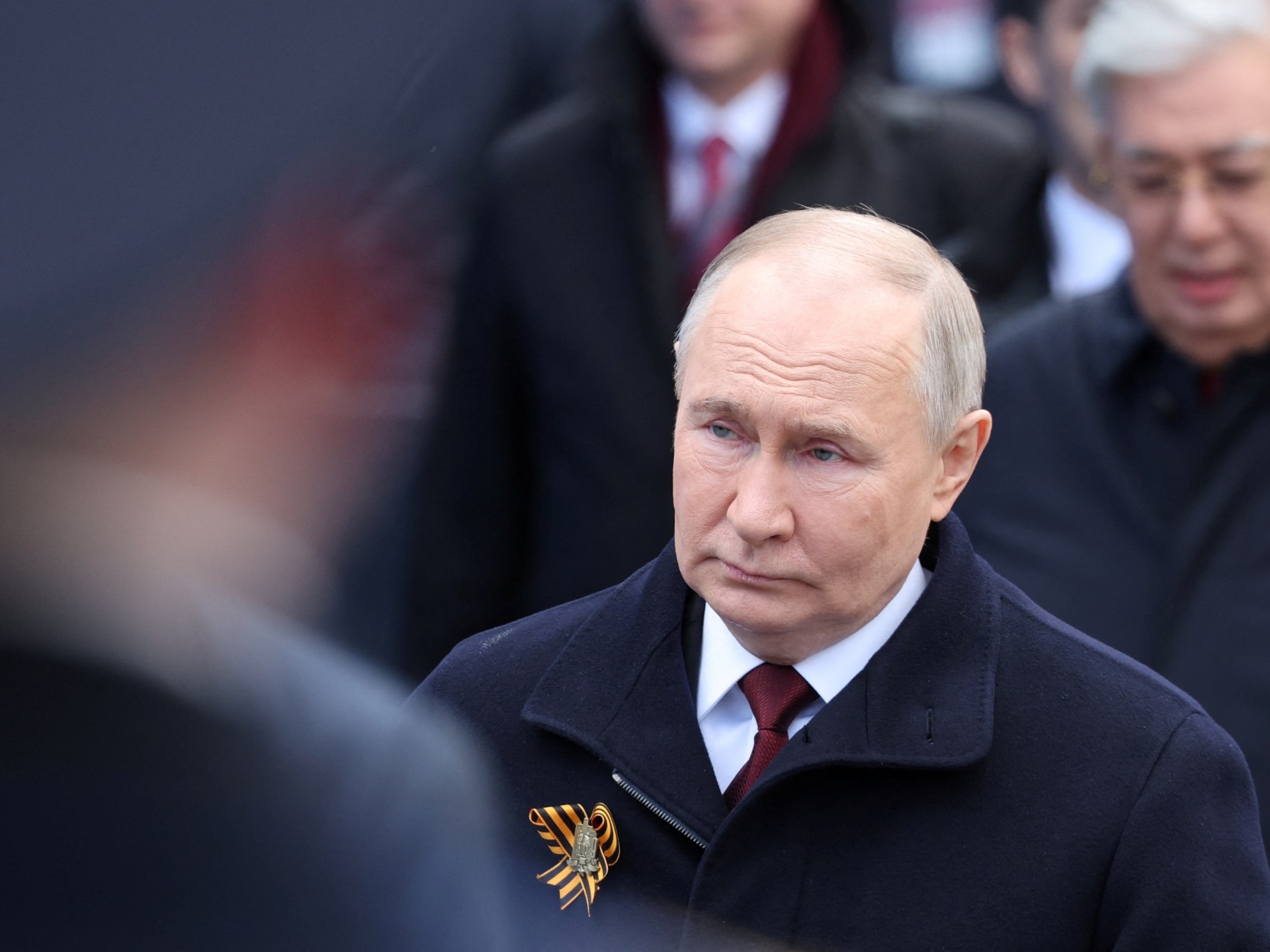
Russia and Ukraine marked Victory Day on May 9, 2024, with Russian President Vladimir Putin leading the festivities in Moscow. The day commemorates Russia's triumph over Nazi Germany in World War II. However, tensions between Russia and the West continued to escalate as Putin accused Western elites of fueling conflicts around the world and risking a global conflict.
In his speech, Putin emphasized Russia's commitment to preventing a global clash while also asserting that Moscow will not tolerate any threats against itself. He upped his nuclear rhetoric and ordered military drills involving the navy and troops near Ukraine. Additionally, Russia revoked its ratification of the Comprehensive Nuclear-Test-Ban Treaty (CTBT) and pulled out of a key arms reduction agreement with the United States.
The Soviet Union bore the brunt of World War II, sustaining heavy losses in both military personnel and civilian lives. Despite initial setbacks, Soviet forces gradually turned the tide of the war. The Battle of Berlin was one of the final and most significant battles that led to Adolf Hitler's suicide on April 30, 1945.
Russia celebrates Victory Day with various ceremonies, including military parades and wreath-laying ceremonies. It is a time for patriotic pride. In the West, some leaders have criticized Russia for using the war as a pretext to justify its actions in Ukraine and other conflicts.
Putin has framed Russia's invasion of Ukraine as an existential battle against Nazism, but Western countries view it as an attempt to expand Russian influence and undermine their interests. The conflict has resulted in thousands of deaths and displaced persons, with both sides accusing each other of human rights violations.
The ongoing war poses a significant risk to global stability, particularly given the involvement of nuclear powers. Putin's defiant stance and military buildup near Ukraine have raised concerns among Western leaders, who have pledged to support Ukraine in its fight against Russian aggression.



